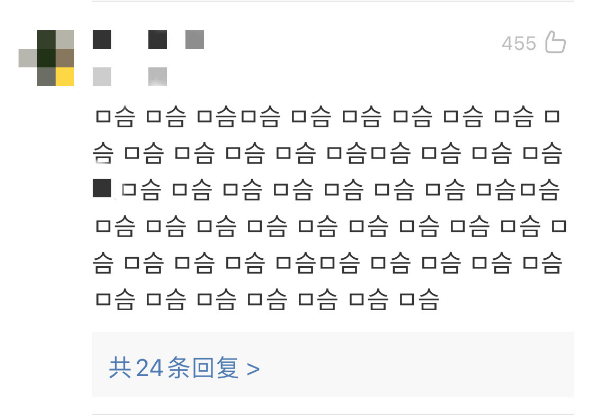Inclusive and exclusive first person plural pronouns in Sinitic
On September 11, Friday afternoon, Diana Shuheng Zhang gave a virtuoso presentation before the Cornell Classical Chinese Colloquium (CCCC), a venerable institution that has been meeting regularly for decades. The text she discussed was what she calls the "rhapsodic subcommentary" of the Daoist scholar, Cheng Xuanying 成玄英 (ca. 605-690), on the Zhuang Zi 莊子 (3rd c. BC).
In her explication of the 46th passage of the first chapter of the Zhuang Zi, Diana quoted Cheng Xuanying as stating: "yǔ, wǒ yě 予,我也" ("'I' is / means 'I'"). Naturally, that led to a discussion of how such a definition would be necessary or helpful. I pointed out that there are numerous first person pronouns in Sinitic. Aside from the two already mentioned, there are also yú 余, wú 吾, and zhèn 朕 (like the royal "we" in English) and still others, not to mention several other humble self-references. In addition, I mentioned zán 咱, which I knew was much later than the others, more highly colloquial, and regionally restricted. It was part of my main observation that, in order to account for such phenomena (e.g., why are there two completely different words for "dog" — gǒu 狗 and quǎn 犬 ("dog") — we need to adopt the notion of linguistic stratification. That is to say, the complex formation of the Sinitic peoples evolved over at least five millennia and involved the incorporation of diverse genetic, ethnic, and linguistic components.
Read the rest of this entry »



